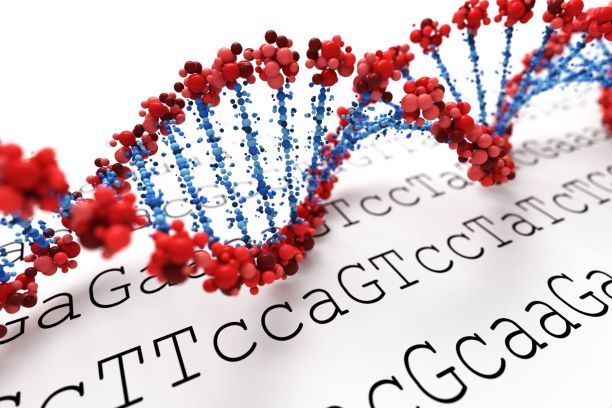Wednesday, January 14th, 2015
written by Sahiti Myneni, PhD, MSE
Wednesday, December 17th, 2014
Wednesday, December 10th, 2014
Wednesday, December 3rd, 2014
written by Susan Fenton, PhD, RHIA, FAHIMA
Monday, November 24th, 2014
written by Susan Fenton, PhD, RHIA, FAHIMA
-
 In 2008 Congress passed, and President George W. Bush signed, the Genetic Information Nondiscrimination Act of 2008, more commonly known as GINA. [1] Broadly, this law prevents insurance companies from using genetic information to refuse health insurance and employers with more than 15 employees from discriminating against an employee based on genetic information.
In 2008 Congress passed, and President George W. Bush signed, the Genetic Information Nondiscrimination Act of 2008, more commonly known as GINA. [1] Broadly, this law prevents insurance companies from using genetic information to refuse health insurance and employers with more than 15 employees from discriminating against an employee based on genetic information.
Under GINA, genetic tests refer to analyses of human DNA, RNA, chromosomes, proteins or metabolites that detect genotypes, mutations or chromosomal changes. This specifically excludes tests such as complete blood counts or other common laboratory tests. It also does not apply to analyses where the manifestation of the disease is readily detectable by a trained medical professional. For example, the presence or absence of Breast Cancer genes 1 or 2 (BRCA1 or BRCA2) are not apparent, while Down’s Syndrome is.
Monday, November 17, 2014
written by Chelsea Overstreet

The American Medical Informatics Association (AMIA) 2014 Annual Symposium is taking place this week in Washington, and many of the faculty, students and staff of SBMI are in attendance.
AMIA calls its Symposium “the leading scientific meeting for biomedical and health informatics research and practice,” and each year it brings together thousands of researchers, students, industry partners, informatics practitioners and more to discuss recent discovery in the informatics field and to explore future innovations. It is towards some of these innovations that AMIA asks students to make a unique contributions.
Monday, November 12, 2014
Wednesday, October 29, 2014
written by Elmer Bernstam, MD, MSE
Wednesday, November 5, 2014
written by Susan Fenton, PhD, RHIA, FAHIMA
 The mHealth—or mobile health—ecosystem is rich and ever-growing, allowing researchers, technologists, and the general public to make use of health technologies that are portable, affordable and scalable [1].
The mHealth—or mobile health—ecosystem is rich and ever-growing, allowing researchers, technologists, and the general public to make use of health technologies that are portable, affordable and scalable [1]. Health wearables and apps have been gaining public interest for years now, and this is a trend that is only expected to grow.
Health wearables and apps have been gaining public interest for years now, and this is a trend that is only expected to grow. 